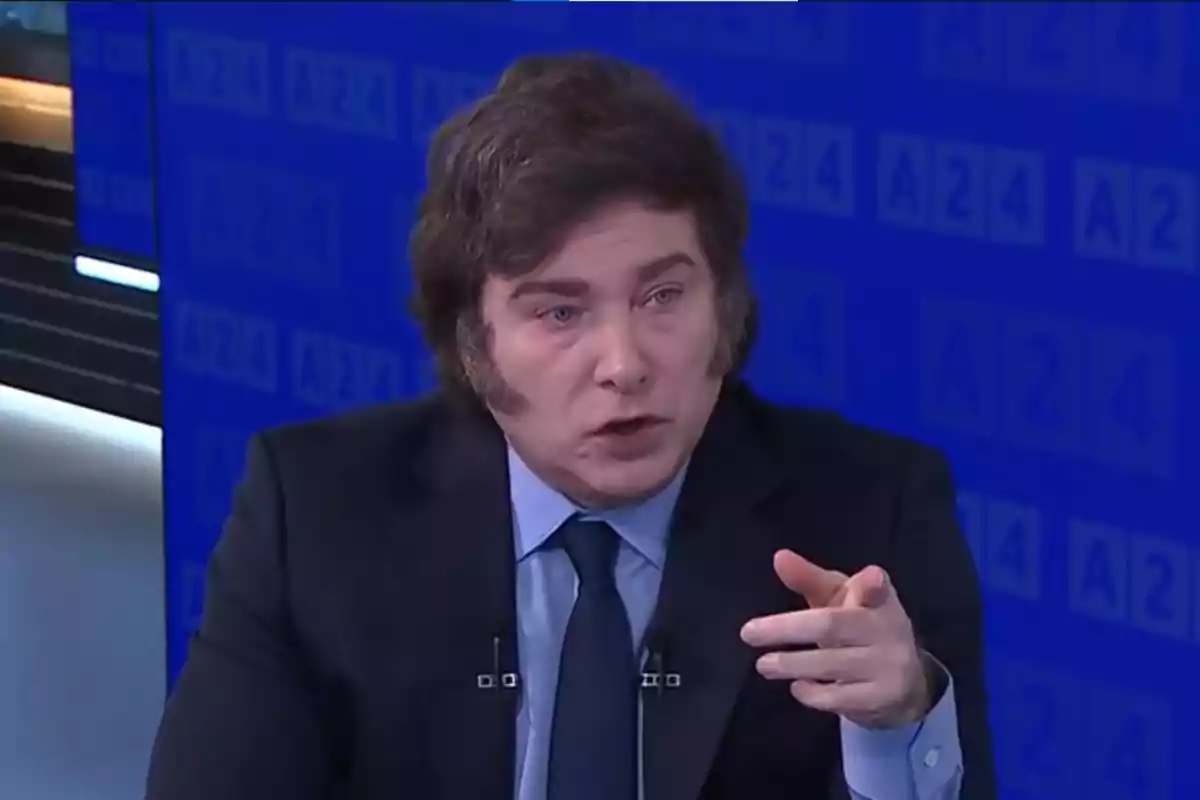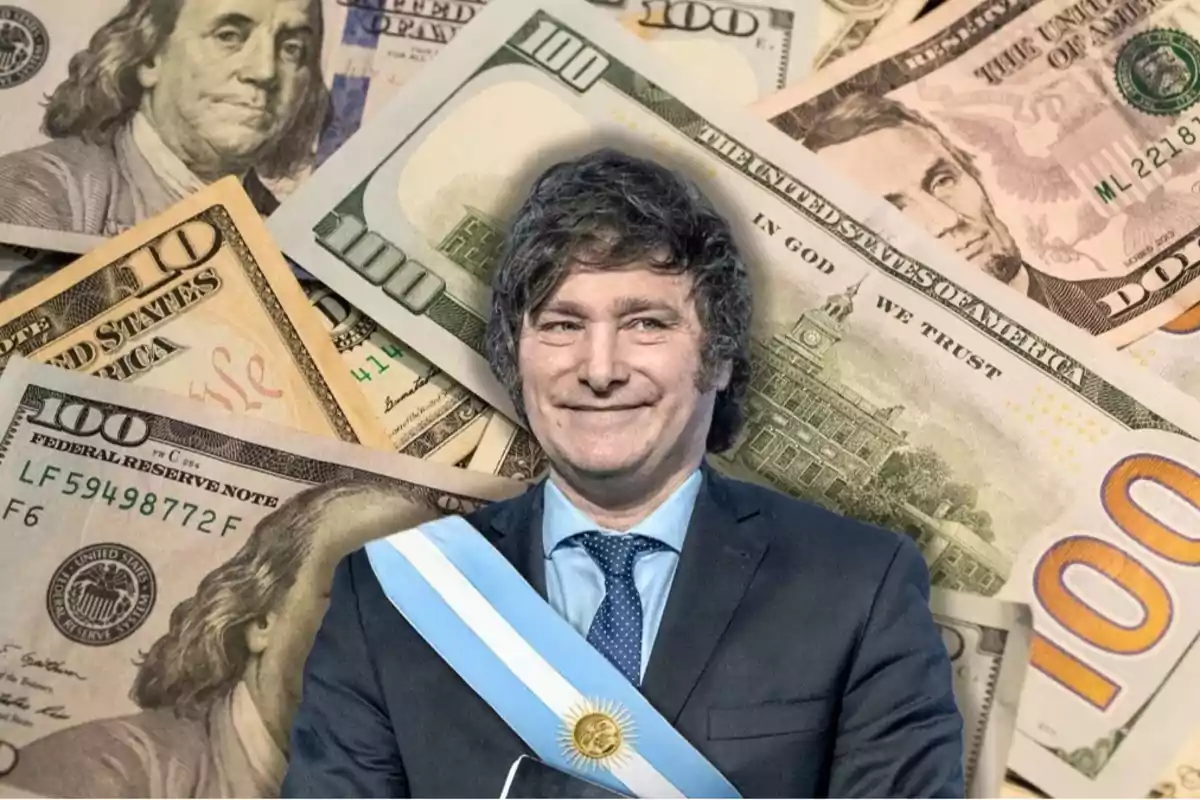
Milei on Neura: 'Inflation in Argentina has a death date'
Javier Milei: 'We don't consider those who have taken dollars out of the system to be criminals'
President Javier Milei stated that inflation in Argentina"has a death date" and that the disinflation process is already underway, driven by a rigorous monetary strategy based on low monetization of the economy, growth in money demand, and an exchange rate managed with rationality. He expressed this in an interview with Neura Media, where he provided technical details, historical diagnoses, and short- and medium-term objectives.
"Argentina is an economy that has remained at a very low level of monetization. Even the broad monetary base is close to 6% of GDP, when historically it has reached 13%", explained the president, linking this phenomenon to the chronic inflation of the 21st century. Milei was categorical in describing the inherited decline: during Kirchnerism, inflation was 10% with Néstor Kirchner, 20% and 30% during Cristina Fernández's terms, 40% with Mauricio Macri and exceeded 200% with Alberto Fernández. As a dramatic example, he pointed out that in December 2023 "wholesale inflation was traveling at 17,000% annually."

In a context of severe monetary contraction and minimal monetary aggregate —private credit barely represents 4% of GDP— Milei projected a historic shift: "Inflation is a problem that will disappear by the middle of next year". In response to questions about recent price increases, the head of state acknowledged that "there can be short-term fluctuations", attributed to "policy aberrations" like those committed in March, which impacted money demand. However, he reaffirmed his confidence in the chosen path: "Doing things right, sooner or later the result will come", also recalling that the effects of monetary policy manifest with a lag of between 18 and 24 months.
Milei also explained that the low level of monetization and economic growth are creating structural conditions for a growing demand for money, which "generates a deflationary process." In this framework, he stated that it is only possible to monetize at the "floor of the band", that is, with an exchange rate close to 1,000 pesos per dollar. "You will only monetize if the exchange rate goes to 1,000. Associated with that, the situation may arise where you quickly compress the inflation rate and the exchange rate", he noted. And he warned: "The exchange rate falls, it starts to monetize at $1,000, and you may lack pesos", which would imply a "strangulation" of the economy due to a shortage of local currency in circulation.

Regarding the use of foreign currency, the president reaffirmed the principle of monetary competition: "Today currency competition exists. If you want to make transactions in dollars, they can be done". In that sense, he highlighted that his government is working to ensure the free disposal of dollars without criminalizing those who possess them. "We don't consider those who have taken dollars out of the system to be criminals. We believe they are people who managed to escape the clutches of the state. Those people had to put dollars under the mattress to protect themselves from the thieving politicians who killed you with inflation", he stated.
Regarding the potential of those funds to revitalize the economy, Milei revealed an impactful fact: he estimates that there are between 200,000 and 300,000 million dollars stored outside the financial system. "Let them come back. What that will do is remonetize the economy based on what individuals decide, because the amount of money is determined by individuals. The monetization of the economy will be done by Argentines, and that monetization doesn't require monetary issuance. It's all gain", he concluded.
More posts: